Unlocking the Value of Data: A Comprehensive Guide to Data Profiling
Analysts Corner
AUGUST 13, 2023
As organizations increasingly rely on data to drive their operations, strategy, and innovation, ensuring data integrity and usability has never been more important. This is where data profiling comes into play. It’s akin to conducting a “health check” on your data to assess its quality, integrity, consistency, and usability.

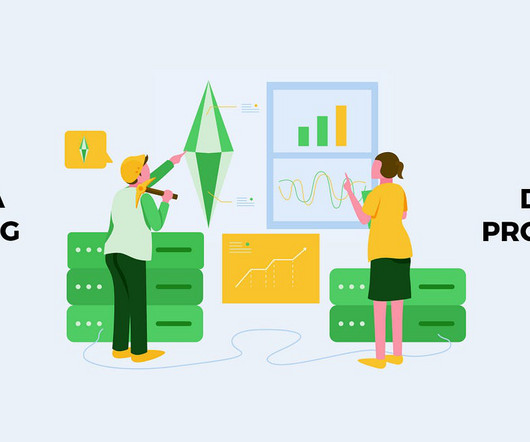
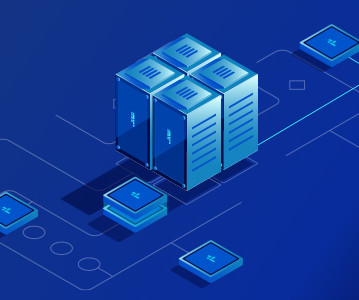

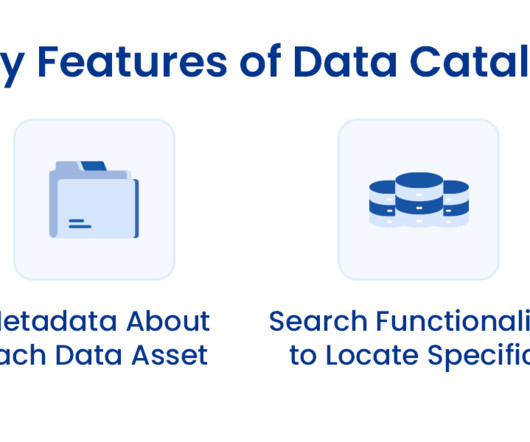
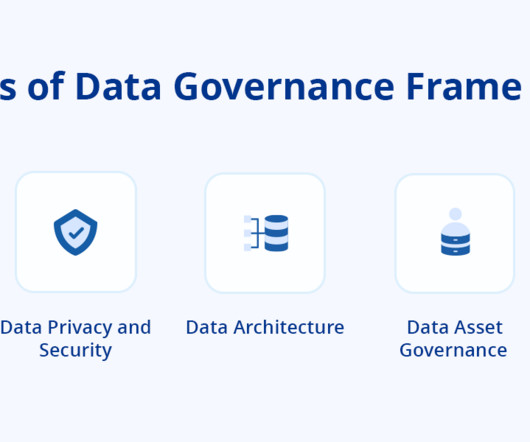
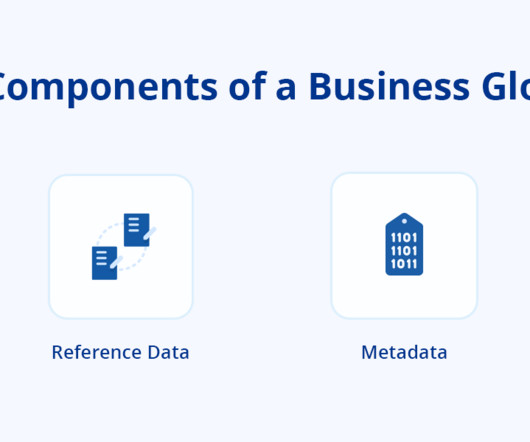

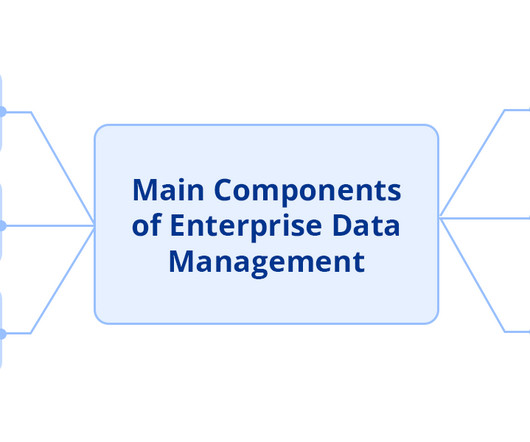
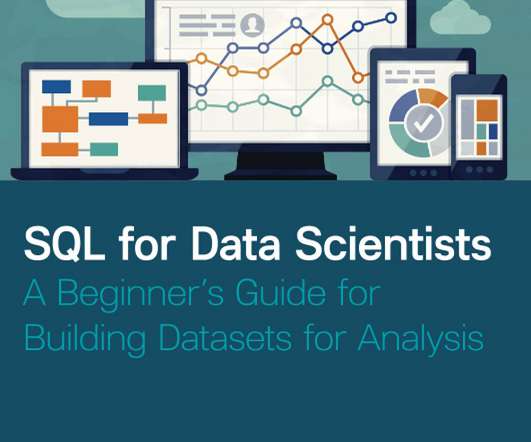
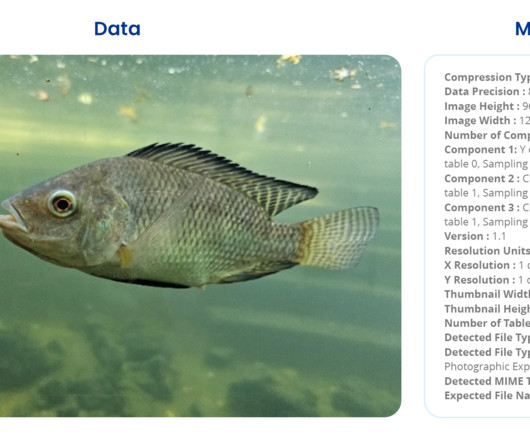
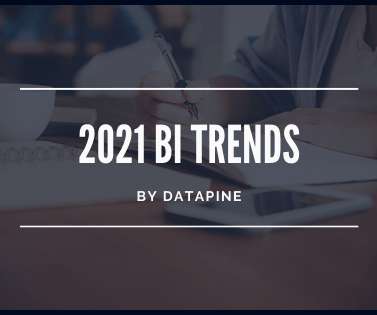
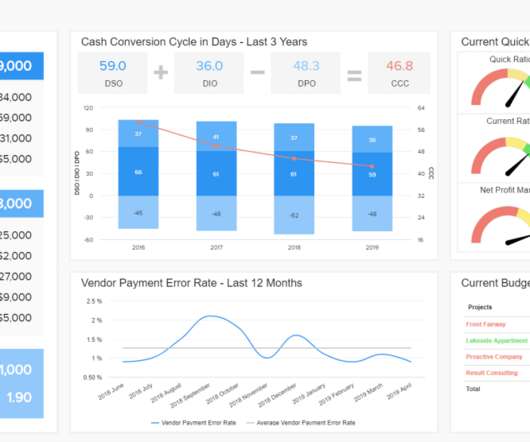
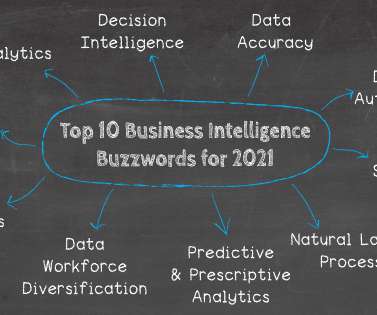






Let's personalize your content